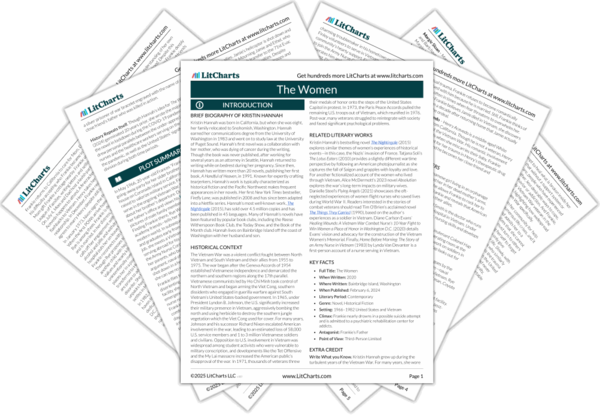Ron Kovic is a wheelchair-bound veteran of the Vietnam War and prominent anti-war activist, portrayed here in the early days of that activism. Henry demonstrates true respect for the veterans by excusing himself from their midst, knowing it is rude to let others assume he has sacrificed as much as they have. That some veterans are allowed inside the venue suggests that politicians are finally bending to anti-war pressure. Still wounded from Rye, Frankie keeps a careful distance between herself and Henry, not wanting to be hurt again. Being among so many other veterans at the march triggers Frankie’s memories of Vietnam, which she tries in vain to repress.


